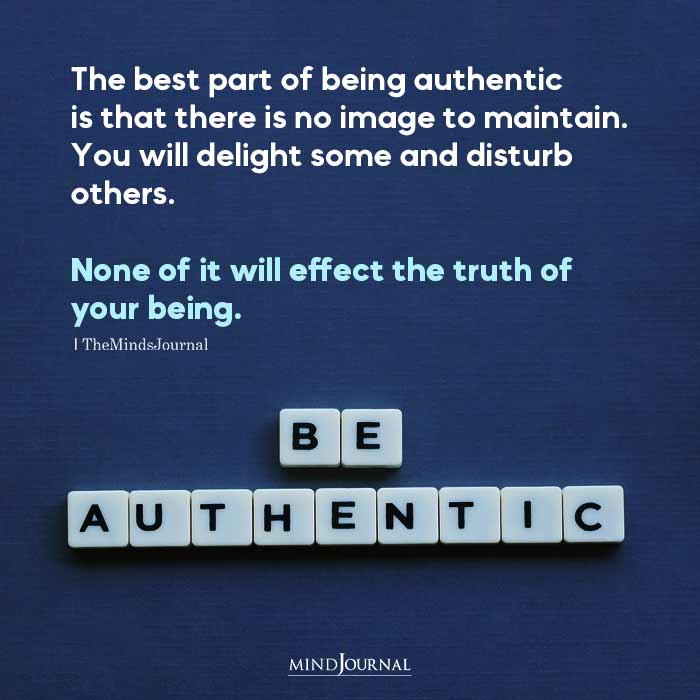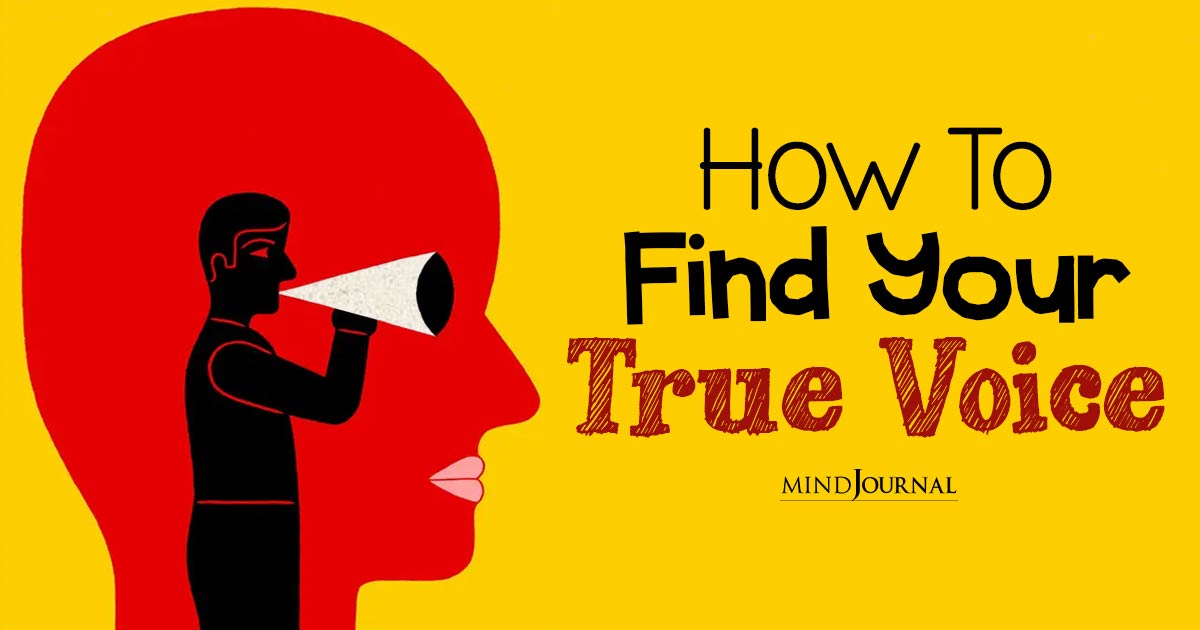Have you ever felt like your words get lost in the crowd? Do you sometimes find it challenging to articulate your thoughts and emotions? Many people struggle with finding their voice, a unique and authentic way of expressing themselves. Let’s explore finding your voice meaning and how to find your true voice.
Finding Your Voice Meaning
At its core, finding your voice means discovering and embracing your unique identity, values, and perspectives, and expressing them authentically. It’s about finding the courage to be yourself and allowing your true essence to shine through in your words, actions, and interactions with others.
Finding your voice meaning is not about mimicking others or conforming to societal expectations. It’s about uncovering the genuine, raw, and honest parts of yourself and having the confidence to share them with the world.
Your voice reflects your individuality, experiences, beliefs, and passions, making it a powerful tool for self-expression and connection with others.
Related: Discover Your True Authentic Self

Finding Your Voice Psychology
To better understand finding your voice meaning, we need to have clarity about finding your voice psychology. Here are some vital aspects of finding your voice psychology the we must uncover
1. Self-Exploration and Acceptance
Finding your voice begins with self-exploration. Take the time to reflect on your values, interests, strengths, and weaknesses.
Embrace your authentic self, including your quirks and imperfections. Acceptance of who you are is the foundation for finding your voice.
2. Overcoming Fear and Self-Doubt
According to finding your voice psychology, fear of judgment and self-doubt often hold us back from expressing ourselves genuinely. Recognize that everyone has their unique voice and that your perspective is valuable.
Let go of the fear of criticism and embrace vulnerability. Remember, your voice matters.
3. Healing and Self-Expression
Finding your voice meaning can be a part of a healing journey. By expressing your thoughts, emotions, and experiences, you can release pent-up feelings, gain clarity, and connect with others who resonate with your story.
Self-expression through writing, art, music, or any other creative outlet can be transformative.
How to Find Your True Voice
Now that we have gained some understanding of finding your voice meaning and explored the psychology behind it, let’s unravel some practical tips on how to find your true voice.
So, let’s embark on this journey of self-discovery and unlock the power of your authentic expression.
1. Explore Different Forms of Self-Expression
Engage in activities that allow you to express yourself freely. Try writing in a journal, painting, dancing, singing, or even engaging in public speaking. Experiment with different mediums until you find the one that resonates with you the most.
2. Pay Attention to Your Inner Voice
In the busyness of everyday life, we often disregard our inner voice—the intuitive, authentic part of ourselves. Take moments of silence and solitude to listen to that inner voice.
What does it tell you about your passions, desires, and values? Trust your instincts and let them guide you in finding your voice.
3. Engage in Meaningful Conversations
Meaningful conversations offer an opportunity to share your thoughts and listen to others. Engaging in open-minded discussions can help refine your ideas and strengthen your voice. Seek out diverse perspectives and be receptive to constructive feedback.
Related: 21 Striking Characteristics of Genuine People
4. Embrace Your Uniqueness
Don’t be afraid to stand out. Embrace your quirks, unconventional ideas, and distinctive qualities. Your uniqueness is what makes your voice special and memorable. Celebrate your individuality and let it shine through in your expression.
5. Practice Mindful Communication
Mindful communication involves being present, actively listening, and speaking with intention. Pay attention to your words, tone, and body language. Be authentic and assertive while respecting others’ perspectives.
Mindful communication fosters meaningful connections and allows your true voice to be heard. This is how to find your true voice.
6. Stay True to Yourself
Finding your voice is an ongoing process. It evolves as you grow and experience new things. Stay true to yourself, even when faced with societal pressures or external expectations. Your voice is an expression of your truth, and nurturing it requires self-compassion, patience, and resilience.
7. Practice Active Listening
Actively listen to others when they speak. Pay attention not just to their words but also to their emotions, body language, and underlying messages.
By practicing active listening, you develop a deeper understanding of effective communication and gain insights into how others express themselves authentically.
8. Seek Inspiration from Role Models
Identify individuals who embody the qualities and values you admire. Study their communication styles, observe how they express themselves, and learn from their experiences.
While it’s essential to be true to yourself, drawing inspiration from others can help you refine your voice and find new ways to express your thoughts and ideas.
9. Embrace Vulnerability
Vulnerability is the gateway to authenticity. Allow yourself to be vulnerable by sharing your true thoughts, emotions, and experiences with those you trust.
Opening up and being genuine in your interactions fosters connection and enables you to express yourself more honestly.
10. Experiment with Multiple Writing Styles
Writing is a powerful tool for finding your voice. Explore different writing styles, such as poetry, storytelling, or persuasive essays. Experimenting with various forms of writing can help you discover the style that resonates with your authentic self and allows your voice to shine through.
Related: Authentically Yours! 4 Ways To Form A Relationship With Your Authentic Self
11. Step Out of Your Comfort Zone
Growth and self-discovery often occur outside of our comfort zones. Challenge yourself to engage in activities or experiences that push you beyond your boundaries. Stepping out of your comfort zone can reveal new aspects of your voice and expand your self-expression capabilities.
12. Reflect on Past Experiences
Take time to reflect on significant moments in your life and the lessons you’ve learned from them. Consider how those experiences have shaped your values, beliefs, and perspectives.
Reflecting on your past can provide valuable insights into your authentic voice and help you express yourself more meaningfully. This is one of the most important tips on how to find your true voice.
13. Practice Self-Compassion
Finding your voice is a personal journey, and it’s essential to be kind to yourself along the way. Embrace self-compassion by acknowledging your progress, celebrating your achievements, and giving yourself permission to make mistakes.
Remember that finding your voice is a process, and it’s okay to take your time.
14. Surround Yourself with Supportive People
Surround yourself with individuals who support and encourage your journey of self-discovery. Seek out friends, mentors, or communities that value authentic expression and provide a safe space for you to explore and develop your voice. Having a supportive network can boost your confidence and inspire you to embrace your true self.
15. Find Your Passion
Knowing finding your voice meaning makes you realize that passion fuels authentic expression. Explore your interests, hobbies, and causes that ignite a fire within you. When you engage with what you’re passionate about, your voice naturally becomes more vibrant and compelling. Allow your passion to be the driving force behind your self-expression.
16. Practice Mindfulness
Incorporate mindfulness practices into your daily routine. Mindfulness helps you cultivate self-awareness, allowing you to observe your thoughts, emotions, and reactions without judgment. By being present in the moment, you can better connect with your inner self and express your thoughts and feelings with clarity and authenticity.
17. Embrace Imperfection
Perfectionism can stifle your voice. Embrace the beauty of imperfection and let go of the need for everything to be flawless. Embracing imperfection frees you from self-imposed limitations and enables you to express yourself more authentically, knowing that your unique voice is valuable.
18. Stay Curious and Continuously Learn
Cultivate a mindset of curiosity and lifelong learning. Stay open to new ideas, perspectives, and experiences.
Continuous learning broadens your knowledge and enriches your voice, allowing you to engage in more meaningful conversations and express yourself with depth and wisdom.
19. Embrace Self-Expression through Body Language
Communication isn’t limited to words alone. Your body language can convey powerful messages and contribute to your overall voice. Pay attention to your posture, gestures, facial expressions, and tone of voice.
By aligning your body language with your authentic self, you can enhance the impact of your voice and create a more compelling presence.
20. Emphasize Your Unique Perspective
Your voice gains strength when you embrace your unique perspective on the world. Recognize that your experiences, background, and insights are valuable and offer a fresh lens through which to view things.
Don’t be afraid to challenge conventional wisdom or provide alternative viewpoints. By emphasizing your unique perspective, you bring fresh ideas and contribute to meaningful conversations.
Related: Why Does the Tone of Your Voice Makes Such a Difference
21. Practice Empathy
Developing empathy allows you to understand and relate to others better. By putting yourself in someone else’s shoes, you gain a deeper understanding of their experiences, thoughts, and emotions.
This understanding enables you to express yourself in ways that resonate with others, fostering connection and promoting empathy-driven communication.
22. Find Your Rhythm and Pace
Just as each person has a unique voice, they also have a distinctive rhythm and pace of speaking. Pay attention to your natural rhythm and pace when expressing yourself.
Some individuals naturally speak quickly, while others prefer a slower, more deliberate pace. Experiment with different rhythms and paces to find the one that feels most authentic and comfortable for you.
23. Embrace Continuous Self-Reflection
Finding your voice is an ongoing process that requires regular self-reflection. Take time to evaluate your communication style, the impact of your words, and how well they align with your authentic self.
Ask yourself if you’re truly expressing your thoughts, emotions, and beliefs. Embrace feedback from trusted friends, mentors, or coaches, as their insights can provide valuable guidance in refining your voice.

Remember, finding your true voice is a personal journey that requires self-reflection, exploration, and the willingness to be vulnerable. Embrace this journey with an open heart and a commitment to authenticity, and your voice will gradually unfold, empowering you to express yourself genuinely and connect with others on a deeper level.
A Transformative Journey of Self-Discovery
Understanding finding your voice meaning and learning the strategies is a personal and transformative journey that involves self-exploration, self-acceptance, and continuous growth. By embracing self-expression and engaging in continuous self-reflection, you can further develop and refine your authentic voice.
Remember, your voice is a powerful tool that allows you to connect with others, share your truth, and make a meaningful impact in the world. Embrace the journey, trust in your uniqueness, and let your voice soar.
So, take that first step, and let your voice be heard. It’s time to unleash your true expression upon the world.
Related: The Codependent False Self: Hiding The True Self
Frequently Asked Questions (FAQs):
What does finding your voice mean to you?
Finding your voice means discovering and expressing your authentic self, thoughts, and values in a way that resonates with others.
What is the reward of finding your voice?
The reward of finding your voice is authenticity, self-empowerment, and the ability to inspire, connect, and create positive change through your expressions.
Why is it important to find your own voice?
Finding your own voice is vital for authentic self-expression, building self-confidence, fostering meaningful connections, and making a positive impact in the world.










Leave a Reply